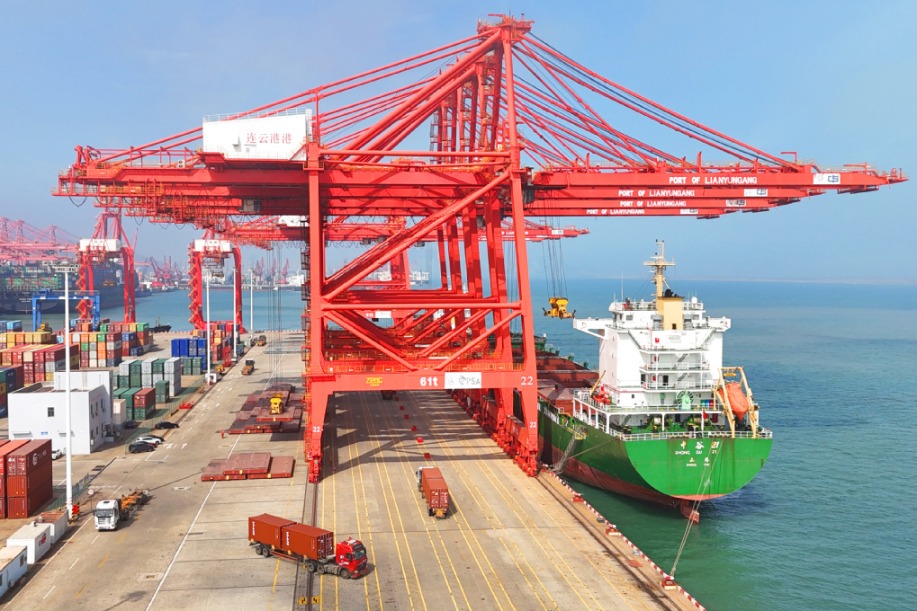Colombia adds weight to regional forests push
By SERGIO HELD in Bogota, Colombia | China Daily Global | Updated: 2022-11-01 10:00
Colombia has become the latest country to ratify the Escazu Agreement, the first environmental treaty in Latin America and the Caribbean that aims to protect the region's all important rainforests and environmental activists.
Fourteen countries have now ratified the agreement that has been in place since April 2021.
"The approval of the Escazu Agreement means Colombia is at the forefront of countries that have made a commitment to environmental justice, to the protection of social leaders, and to the creation of information systems that allow for better design of public policies," Gabriel Cifuentes, a lawyer and political analyst, told China Daily.
The agreement has three key pillars: upholding the public's right to environmental information; ensuring citizens' participation and consultation in environmental projects; and safeguarding environmental justice and protection of environmental leaders.
Colombia's ratification on Oct 10 is expected to have a positive impact on environmental issues and on the protection and conservation of environmental ecosystems "which are the ones we ultimately have to protect", said Karina Perez-Rodriguez, a Colombian environmental engineer and climate change consultant.
"Access to public environmental information is vital because there are many decisions that people can make according to the environmental information available. An example is the issue of air quality, to know what air we Colombians are breathing in the cities, to know how the air is where we live, for example," she said.
By ratifying the Escazu Agreement, Colombia is unable to continue exploring and exploiting hydrocarbons, as long as communities prevent it, said D'mar Cordoba, a lawyer and legislative consultant in Bogota.
The extent of public participation in the environmental decision-making processes is also a concern for Perez-Rodriguez.
"This is the most difficult, not only of the agreement, but also of what needs to be worked on, matured and improved in the country regarding the state and local communities, whose rights must be guaranteed without being violated, but so that projects can be carried out. It is an issue that requires more training and better articulation between the state and local communities," she said.
Perez-Rodriguez emphasized that given Colombia's experience with many large-scale fossil-fuel projects in some regions, many communities feel highly vulnerable and do not really want these projects to be near their territories anymore.
"Not all projects can be stopped. The country would not be able to develop in the energy sector, for example. The communities will have to understand that there are projects that should be implemented in the country and that serve everyone," she said.
Ati Gunnawi Viviam Villafana, an indigenous leader, said ratification of the agreement is key to overcoming environmental conflicts. She expects some actions to be materialized to help "dispel conflicts that put vulnerable communities in a delicate position".
As for the third pillar of the agreement related to environmental justice, Cifuentes explained that the agreement sets a road map to improve the protection of environmental leaders.
The writer is a freelance journalist for China Daily.
























